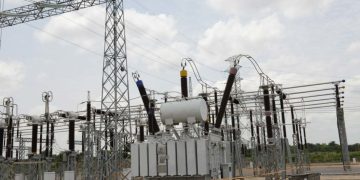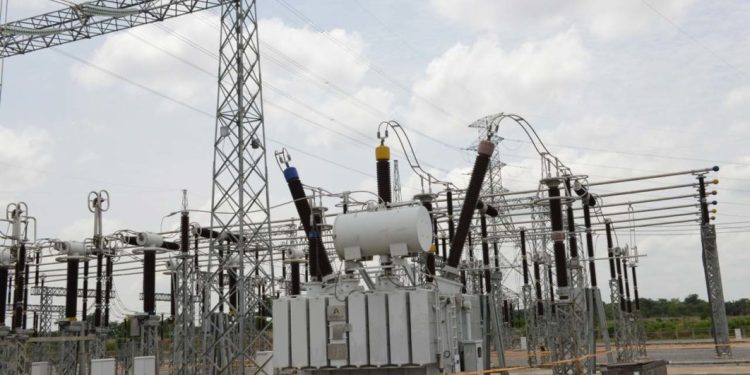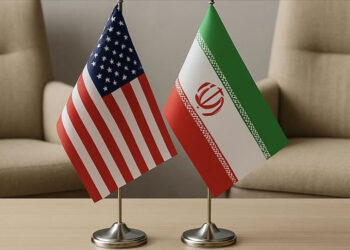By Enyichukwu Enemanna
A Pan-African investment research firm, Hawilti has disclosed that despite its relative advantages, including holding over 8 per cent of the world’s proven natural gas reserves, African continent has remained the most energy-poor continent globally.
In its report released on Tuesday titled, “Gas for Africa” Hawilti said Africa has the lowest energy consumption per capita in the world, while the average electricity use of a sub-Saharan African resident is lower than that of a household fridge in the United States (US).
According to the report, even where availability of energy is recorded, it is often expensive, inefficient, polluting, and unreliable.
Hawilti’s report further underlined that natural gas can help to mitigate Africa’s energy poverty, but despite producing over 6 per cent of the world’s natural gas supply and having close to one-tenth of proven global reserves, most of the African continent has no access to its natural gas.
“Africa’s domestic gas markets remain under-developed or non-existent, especially south of the Sahara, and much of Africa’s abundant natural gas resource development has been for export to the rest of the world,” it said.
While underlining that Africa needs gas to support the development of resilient grid infrastructure, the report noted that this is needed to integrate significant shares of variable renewable and distributed energy, without compromising energy security or economic development.
It added that African power grids, where they exist, remain largely weak and unstable, which is a bad combination for any significant renewable capacity integration.
The report said the grids need sufficient flexibility, and that means African power networks need to be expanded and reinforced with a reliable supply of dispatchable power-generation resources that are available in sufficient quantities and on demand.
It explained that while hydropower and geothermal energy are ideal options to generate frequency control and dispatchable power in East Africa, gas is an essential tool for most of the rest of the continent to build robust and flexible electricity grids.
In that regard, it said developing gas-to-power initiatives must be part of the process of building and expanding reliable power systems that can integrate intermittent energies and pave the way for a low-carbon energy mix.
“Access to gas can provide stable electricity in countries with no lower-emission alternatives and strengthen power systems to add more renewable energy and begin decarbonising energy supply, displacing wood, biomass, charcoal, and diesel.
“Developing domestic access to gas in Africa can provide the energy needed today while anchoring the continent’s future low-carbon and renewable energy.
“By developing domestic gas markets and re-orienting gas towards its own energy needs Africa seeks to promote industrialisation, create jobs, diversify economies, produce fertilizer to grow food, petrochemicals to make consumer goods and advanced products, and steel and cement to develop modern infrastructure,” it said.

































